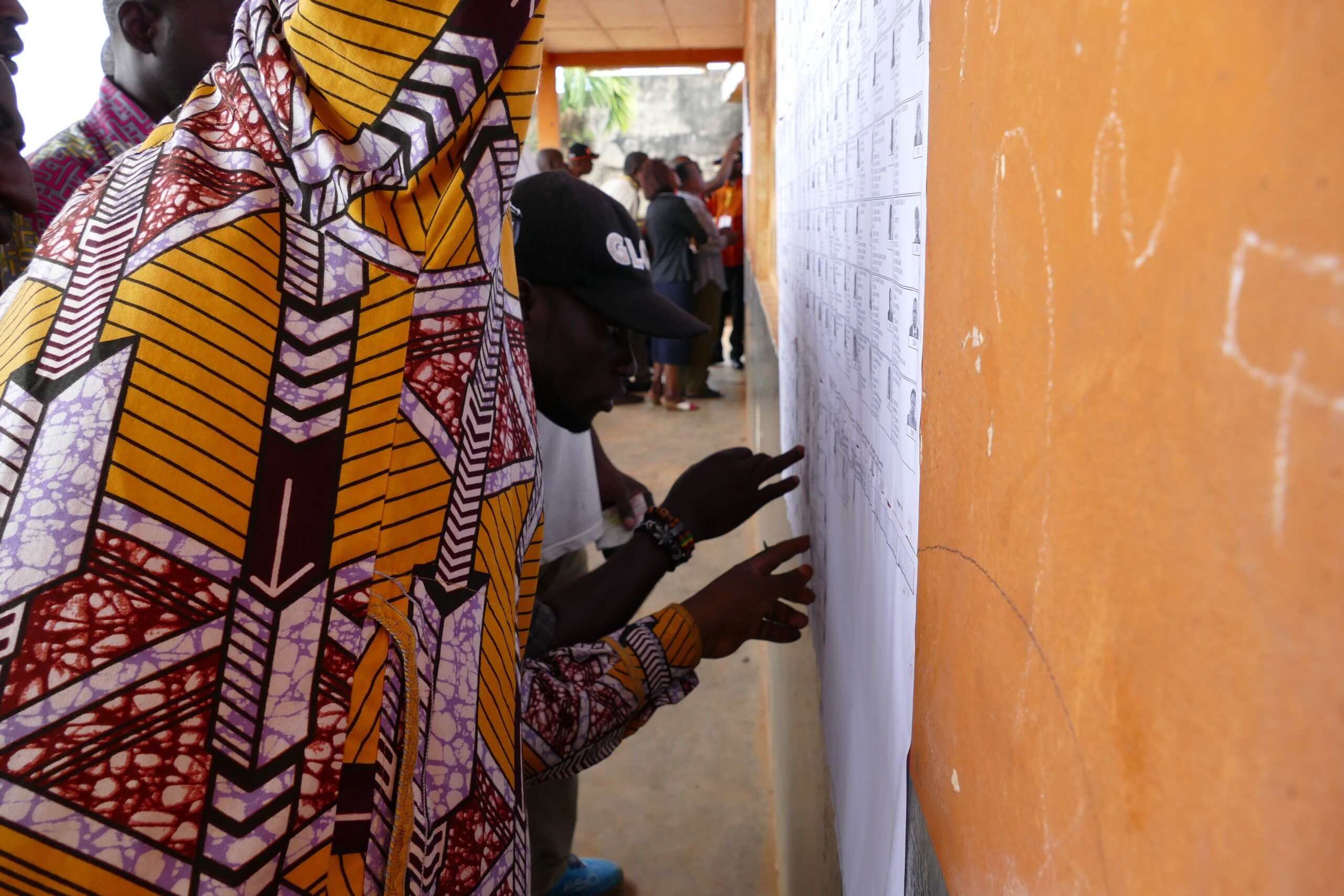
Cameroon Elections 2018

Today, Cameroonians went to the polls in an election that could potentially extend the 36-year rule of President Paul Biya.
In the build-up to the elections, a number of issues threatened to overshadow the day itself, from regional instability in the Anglophone Northwest and Southwest regions, to talks of social media blackouts.
The opposition also launched a last minute bid to create a coalition to take on the ruling party, however details of the coalition itself were kept vague.
With this context surrounding the polls, the day itself got off to a relatively slow start at 08:00 (07:00GMT). Many of the polling stations across Yaounde received low-turnouts until around 10:00 – when voters finished church service and began to trickle in.
Paul Biya cast his vote at around midday, and other candidates soon followed by attending their respective polling stations to which they had registered.
CGTN’s Oliver Jarvis managed to talk to candidate Cabral Libii, who has acquired a large youth following, on controversy about his alleged involvement with the ruling party. Cabral was also approached by the opposition to join a coalition – but refused.
“With them [the coalition], I was treated like a child, and was questioned on my political intentions – so I refused,” he told CGTN.
At another polling station, CGTN tried to secure a comment from the leader of the coalition, Maurice Kamto – but when pressed on the matter, he declined to comment.
Many voters that CGTN spoke to said that they were pleased with the election process, and that it had remained largely peaceful.
One voter, Marc Kalga, said that he thought the ruling government had done what they could with the resources available over the last 36 years, but asked for more development to take place in the coming years. He declined to comment on who he had voted for.
Another, Rene Takougoum, spoke of the troubles of road connectivity between major cities in the country. He stated: “The next President should focus on transforming the infrastructure of each major city, and look at curbing unemployment.”
Pauline Mfoumou, a female voter from the central district of Yaounde, said that she was not satisfied with the level of employment for the youth. She spoke of the need for the government to to create a safe environment for the youth to grow up in and thrive in.
There were unconfirmed reports throughout the day that the Anglophone region of the Northwest and Southwest were experiencing social media blackouts. According to reports, the streets were empty of voters – with only security personnel and election officials being present.
With 2011 seeing an over 80% voter turnout, many observers are intrigued to see what 2018 will bring.
Peace has been the major talking point of this election between voters. However, it is in the coming days – when the results are revealed between the 12-15 – that people will be most fearful of.
There has already been alleged calls from the opposition to not accept the result if it swings to a government win. If this is the case, it could pave way for more conflict to develop.
This is something that international observers, and voters at home, will be watching keenly.






